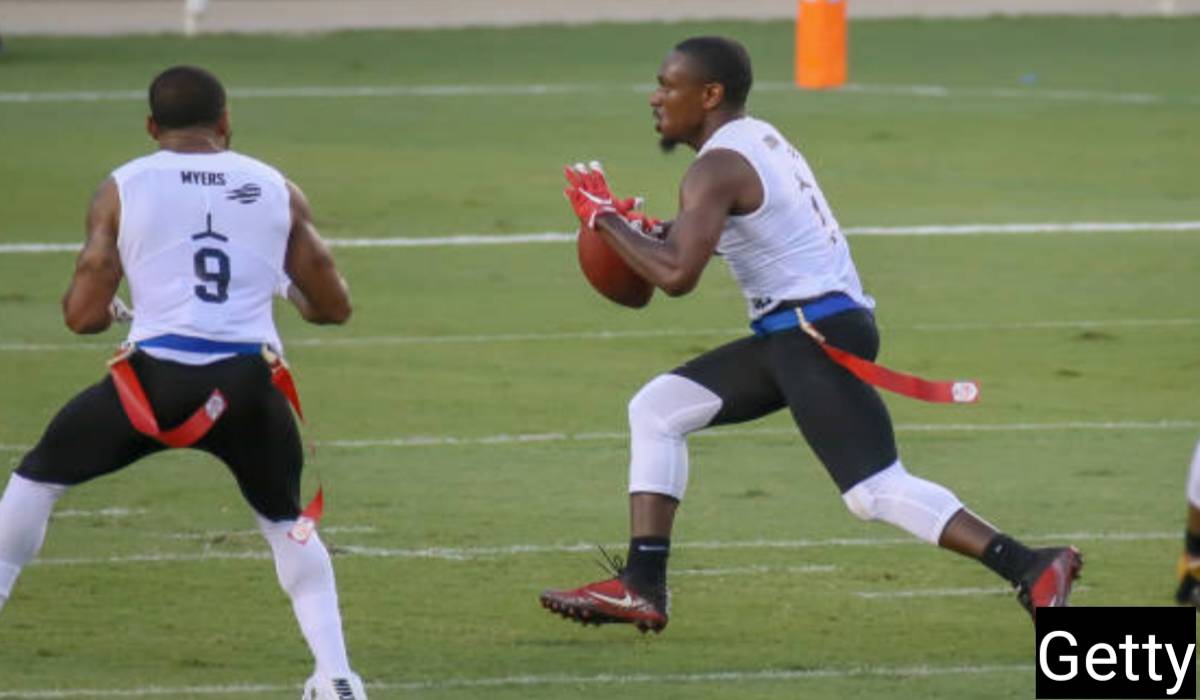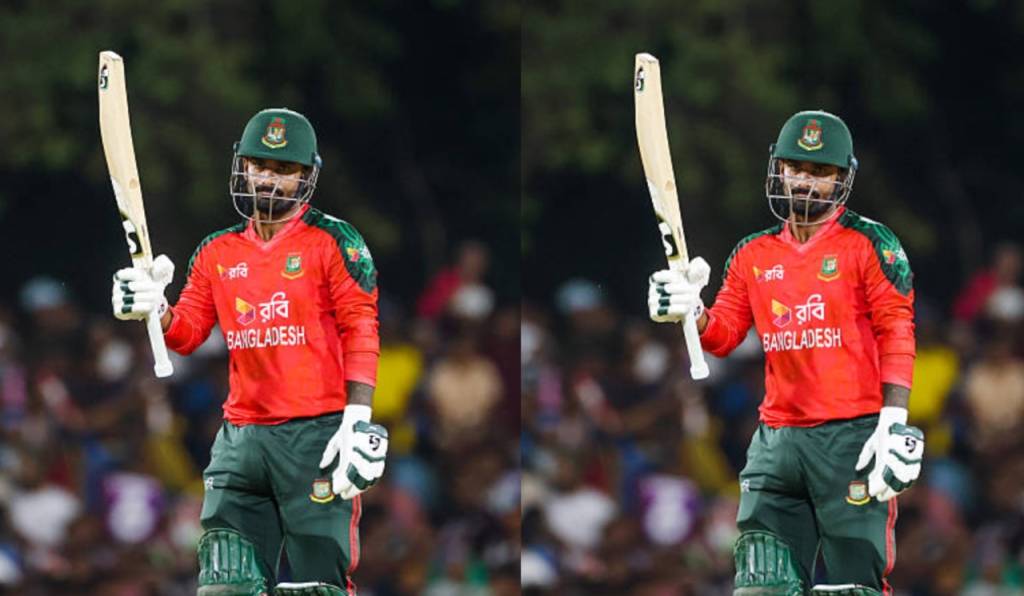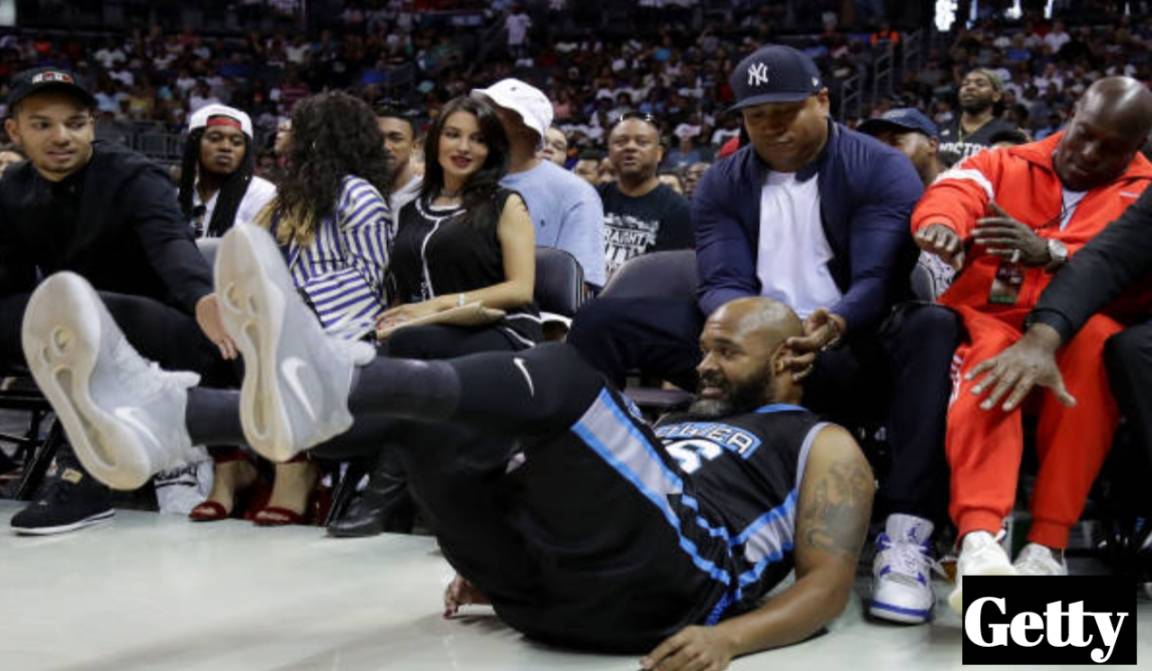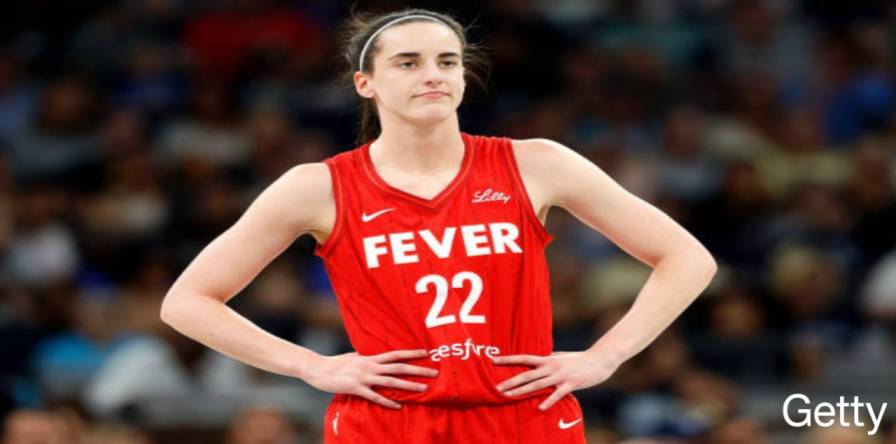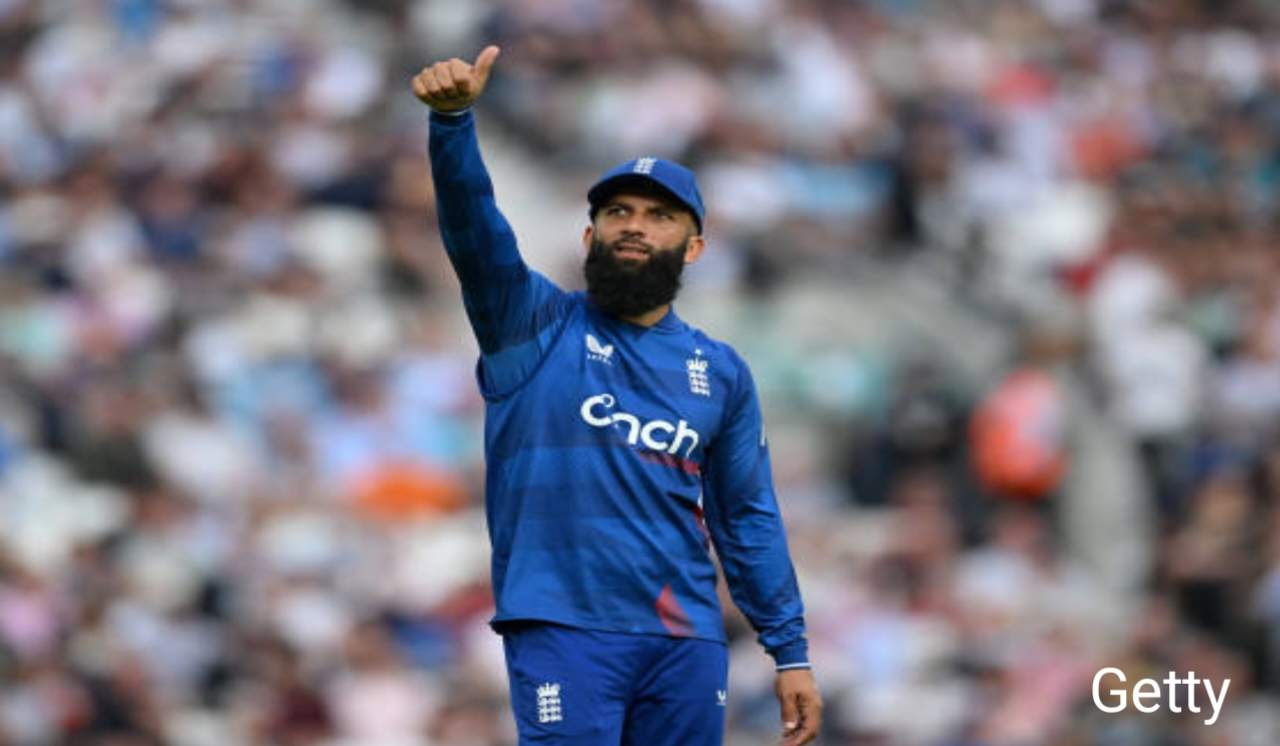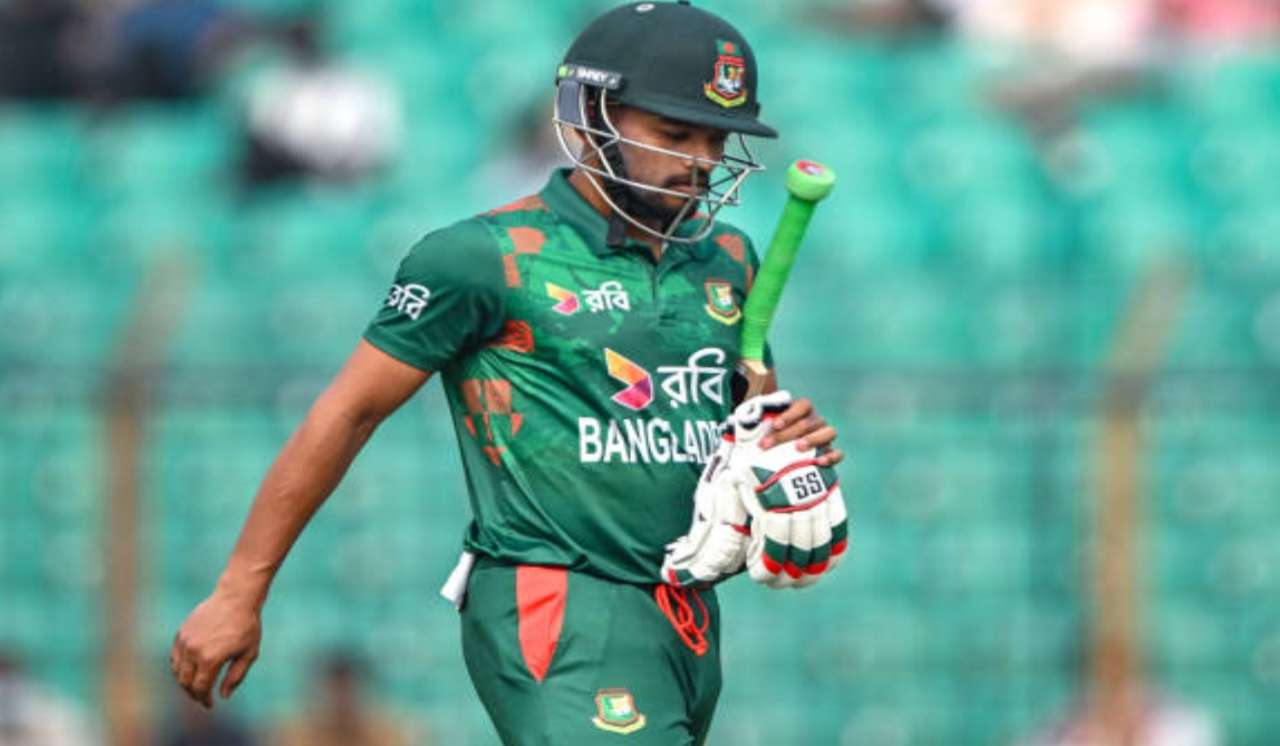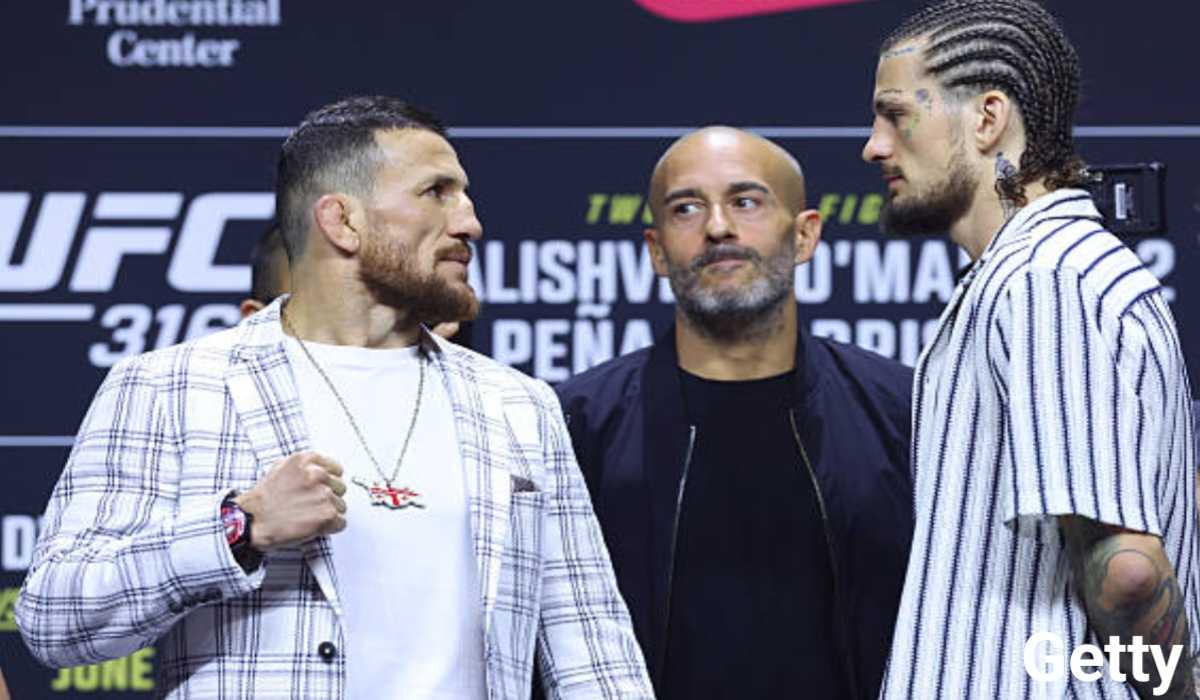Explore Darrell Doucette III’s advocacy for flag football veterans as the sport debuts in the 2028 Olympics, emphasizing the unique skills and dedication of lifelong players amidst NFL participation.
The inclusion of flag football in the 2028 Los Angeles Olympics marks a significant milestone for the sport. However, the decision to allow NFL players to participate has sparked a debate about representation and fairness. At the forefront of this discussion is Darrell Doucette III, a seasoned flag football quarterback who has led Team USA to multiple world championships. Doucette advocates for the recognition and inclusion of lifelong flag football athletes who have dedicated years to mastering the sport.
The Rise of Flag Football
Flag football, a non-contact variant of American football, has gained popularity for its emphasis on speed, strategy, and agility. Its inclusion in the Olympics is a testament to its growing global appeal. The sport’s fast-paced nature and accessibility have attracted a diverse range of athletes worldwide.
Doucette’s Advocacy for Flag Football Veterans
Darrell Doucette III, standing at 5-foot-7 and weighing 140 pounds, may not fit the traditional mold of a football player, but his achievements speak volumes. Having led Team USA to four consecutive world championships, Doucette embodies the dedication and skill inherent in flag football veterans. He emphasizes that while NFL players bring athleticism, flag football requires a distinct set of skills honed over years of specialized play.
Doucette’s concern is that the influx of NFL players might overshadow the contributions of lifelong flag football athletes. He asserts that these veterans deserve the opportunity to represent their country on the Olympic stage, having been instrumental in the sport’s development and success.
The NFL’s Entry into Olympic Flag Football
In May 2025, NFL team owners voted unanimously to allow players to participate in the 2028 Olympic flag football competition. This decision aims to elevate the sport’s profile and expand the NFL’s international presence. While the move has been met with enthusiasm from many, it also raises questions about the selection process and the potential displacement of dedicated flag football athletes.
Notably, each country’s Olympic committee will select a 10-player roster for the men’s and women’s teams, with guidelines suggesting only one NFL player per team. This approach seeks to balance the inclusion of NFL talent with the recognition of established flag football players.
The Unique Skill Set of Flag Football
Flag football differs significantly from tackle football, emphasizing agility, precision, and strategic thinking over physical dominance. Veteran players like Doucette have developed an intricate understanding of the game’s nuances, which may not be easily replicated by NFL athletes accustomed to a different style of play.
Doucette highlights that success in flag football isn’t solely about athleticism; it’s about mastering the specific dynamics of the game, including quick decision-making, spatial awareness, and teamwork. These elements are cultivated through years of dedicated practice and competition within the flag football framework.
Moving Forward: Inclusivity and Fair Competition
As flag football prepares for its Olympic debut, the focus should be on fostering an inclusive environment that honors the sport’s roots while embracing its evolution. Ensuring that selection processes are transparent and merit-based will be crucial in maintaining the integrity of the competition.
Athletes like Doucette advocate for a balanced approach that values the contributions of flag football veterans and recognizes the potential of NFL players to enhance the game’s visibility. By doing so, the Olympic flag football competition can showcase the sport’s diversity and depth, offering a platform for all deserving athletes to shine.
The 2028 Olympics present an opportunity to celebrate flag football’s growth and the athletes who have propelled it forward. Darrell Doucette III’s advocacy underscores the importance of honoring the sport’s legacy while embracing its future. By ensuring fair representation and acknowledging the unique skills of flag football veterans, the Olympic Games can set a precedent for inclusivity and respect within the sporting community.

